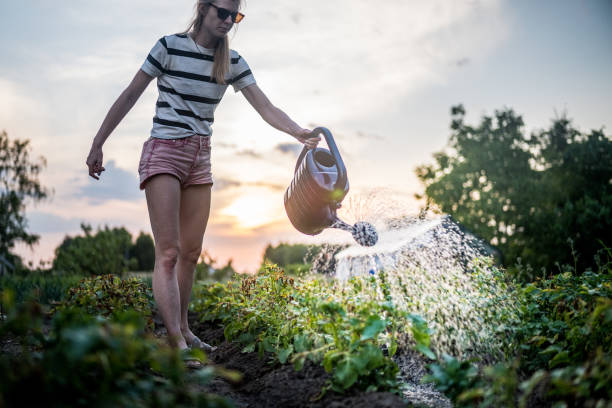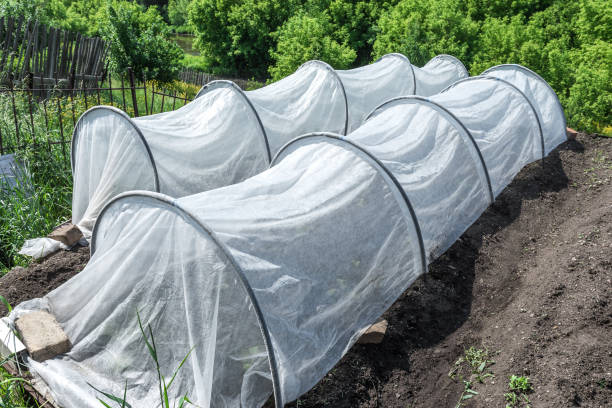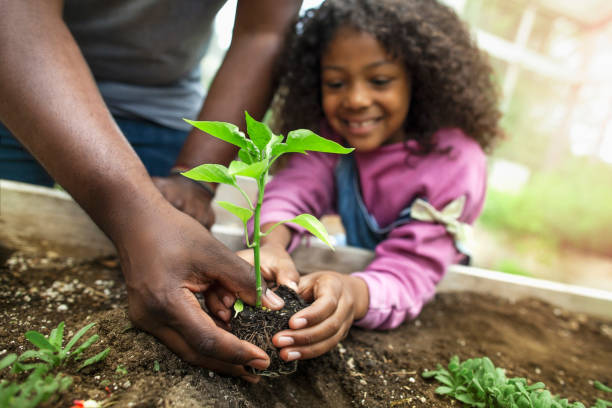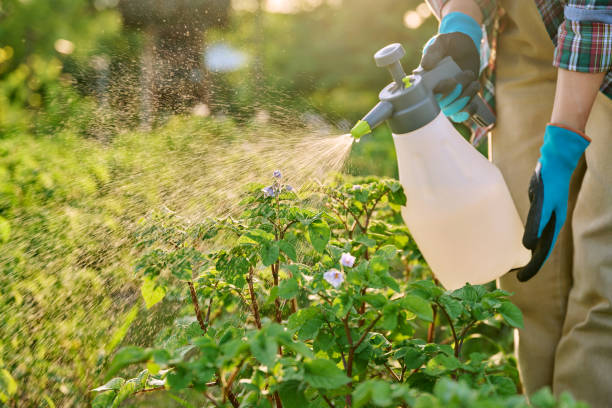The hot weather can bring extra challenges for vegetable garden as high temperatures are soaring. This causes yield and quality loss in many vegetable crops. High temperatures contribute to vegetable quality problems meaning your garden does not produce the perfect blooms you expect.
Here are some ways you can protect your garden from heat stress.
How to protect your veggie garden in summer:
Pay attention to soil moisture
Plants keep themselves cool through the evaporation of water from their leaves. If your plants don’t have enough water, they will close their pores and allow water to evaporate to avoid wilting.
When this happens, it causes your heat up which results in heat stress, wilting, and browning of leaves. Make sure that you are providing water through irrigation during those hot summer days. Make watering mandatory at least twice a week.
Water deeply
You can protect your plants from water loss by watering long and slow, a practice to start before the temperatures soar. By doing so, you can encourage your plants to develop deeper roots, which will help them find nutrients and water during long, hot summer afternoons.
Pro-tip: When watering deep, your goal should be to make sure the soil is damp but not soggy.

Image Credit: Unsplash
Use mulch or shade cloths
Adding compost or mulch can increase the soil’s organic matter and improve its ability to hold water and moisture longer. Mulch is known to keep the soil moist. Mulch is important for crops like tomatoes and lettuce, which are super sensitive to heat stress.
Shade cloth can be placed over the crops, using stakes as support, to help decrease the soil and air temperatures around your crops. They provide adequate cooling without blocking too much light for most vegetables.

Image Credit: Unsplash
Plant heat-tolerant crops
Some crops are heat-tolerant. Vegetables such as sweet potatoes, okra, eggplant, peppers, and cucumbers are some of the best choices for hot conditions.
Including these vegetables in your garden can make it easier to enjoy fresh produce during heatwaves. These plants are known for their ability to resist heat and commonly experience fewer quality issues when grown in warm weather.

Image Credit: Unsplash
Growing in heat can be challenging, but with these few tips, it is possible to harvest crops that are thriving.
ALSO SEE:
Feature Image: Unsplash

